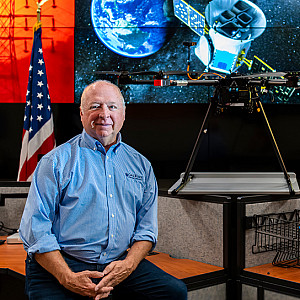Baseball, Academics, and the Beloit College Family
James Wicker’21 arrived at Beloit prepared to play baseball and complete a 3-2 program in engineering, but loved the classes and connections he made so much that he decided to stay all four years.
Thanks to mentorship from Brian Morello in the center for entrepreneurship (CELEB), James developed the skills that prepared him for a job at Tailored Alloys, creating rings that hinge to allow for easier removal for those with joint problems.
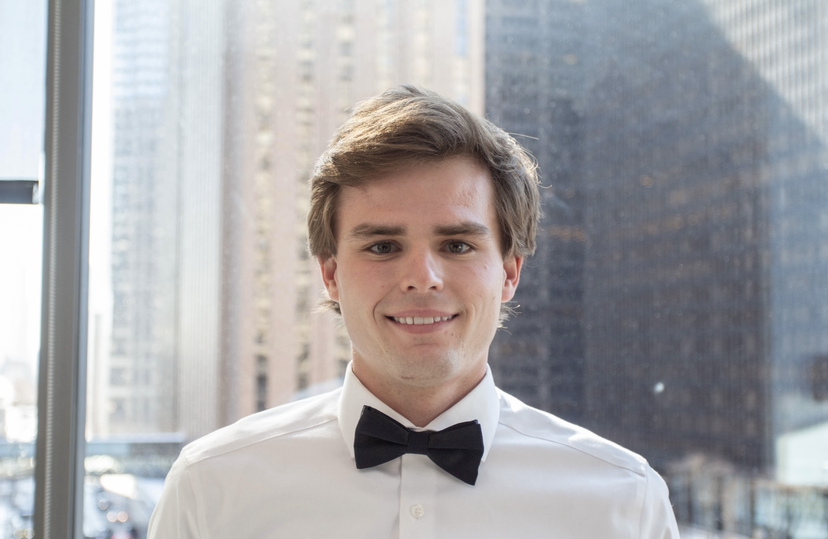
Why did Beloit become his college choice? During a campus visit, both the baseball team and the physics department welcomed him.
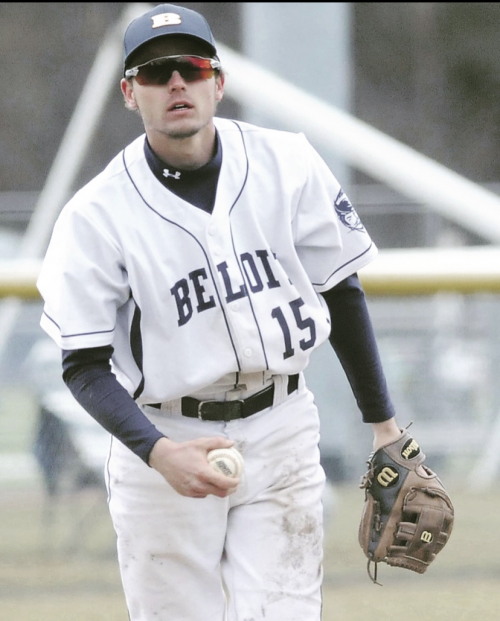
Currently a non-degree mechanical engineering student at Arizona State University, the courses James is taking now will enable him to begin master’s degree studies in fall 2023.
Arriving at Beloit for its 3-2 engineering program, James instead remained at Beloit to complete a 4-year degree. There were simply too many interesting students to justify an early departure; other 3-2 students have had the same experience. Additionally, baseball remained a draw (he played all four years), as did academics: he’d go on to major in physics and economics and minor in mathematics.
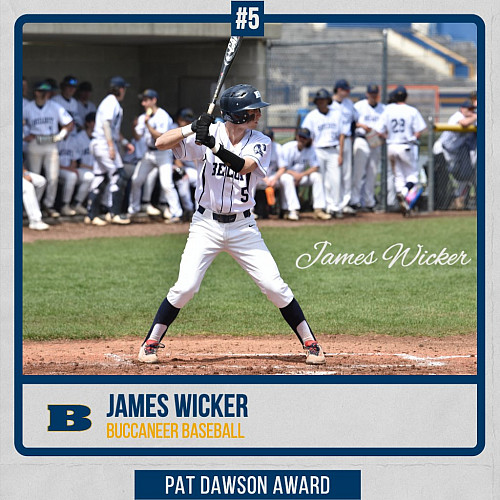
An underlying reason to stay, however, was to have more time to find a post-college path forward. He says, “Quite frankly, I didn’t feel ready to go out into the world. I didn’t have a clear sense of what I wanted to do in life, despite my interest in engineering and despite my experience with 3D printing, including 3D metal printing.” Having to study remotely during the pandemic had proven disruptive to James’s career planning.
The fifth year was fruitful. Although an injury shortened James’s final baseball season, the courses he took aligned with his future engineering studies.
Most powerfully, however, he connected with Beloit’s entrepreneurship lab, CELEB, and its Maker Lab.
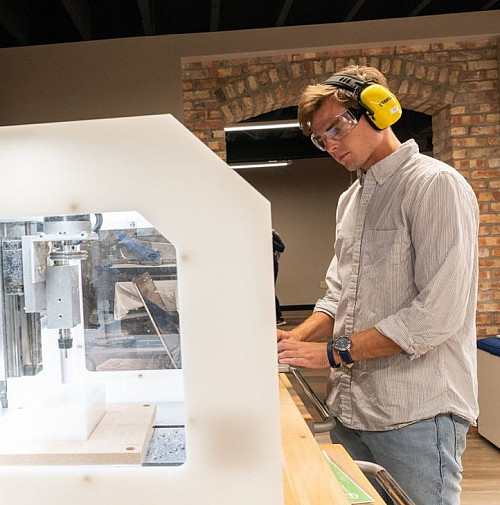
Why pursue a masters’ degree when a business is doing well? Tailored Rings’ revenues support Tailored Alloys R&D, which is where James’s real interest lies. To grow revenue, he and his design team are developing new versions of the ring, as well as opportunities for customizing rings. He sees a master’s degree in engineering as expanding his future options.
James’s advice for future Beloiters? Learn how to communicate. “All sorts of hard and soft skills are important,” he says. “What really matters ultimately, however, is your ability to express yourself so that others can and want to hear you, and your ability to listen. Speaking and listening are critical to encouraging conversation and communication, rather than impeding them.”
Also, “Take advantage of the willingness of fellow students, faculty, and staff to support you as you find your way forward in the world.”
